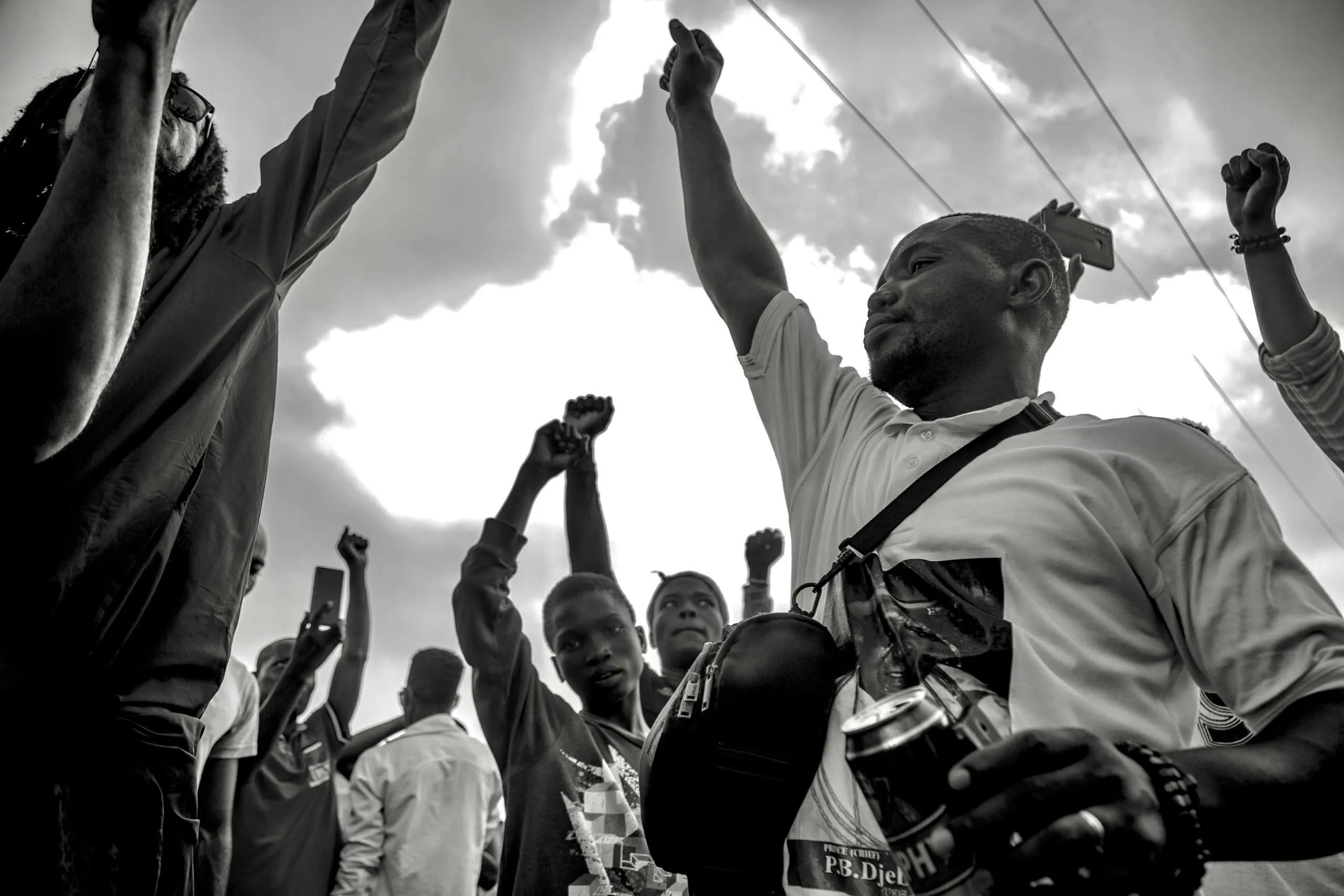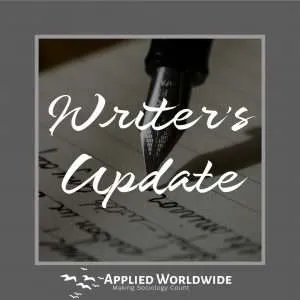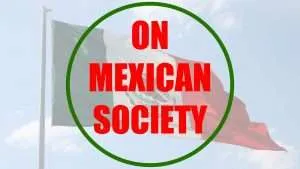Ever since the inception, the meaning of “News” has not changed, It is what it was worldwide and its role is vital to sustaining democracy. As the chameleon changes its body color in adopting to the environment it found itself in, so does the work of journalism to the journalists. The word journalism is derived from the Latin word “Diurnalis” which means daily. So, it simply means, a process of factual production and dissemination of reports about the current happenings in a given society.
Journalists, however, are professional persons who go through rigorous training on investigation, reporting and gathering and dissemination of information through various channels such as radio, television, newspapers, and websites among others. With the advent of technologies into the system came a paradigm shift from Johannes Gutenberg’s printing press to the new dawn. That was when people like William Randolph Hearst and Joseph Pulitzer came up with modern journalism.
It was the emergence of the internet and smartphones that caused great changes to the media landscaping. It shifted the print media channels consumption to a digitalized ones. People moved to consuming news through smartphones, e-readers and other personal electronic devices against the status quo. Earlier, only few people could afford paying an exorbitant price to the News Agencies before getting latest news in the society. The general public would only get to know the newest development lately. With the technological innovation, training, and development of related courses or the institutes entirely, the study of journalism started taking shape.
In 2003, Castaneda asserted that: “The literature on the impact of converging technologies on the practice and education of journalists was expanding rapidly. Digital media and, more recently, multimedia newsrooms are transforming training and education of journalism worldwide.” When the focus shifted, censorship lost its relevance; Social media handles became the sources of news. Fake news rooted and virtually everybody turned into a journalist. The only difference is there is now a professional journalism and the social media journaling.
Democratically, politicians hijacked the work of journalists through their media aides, propagating their interests. And they can do anything within their capacity to halt anything that may go against their wishes, infringing the freedom of free press. On free press, a Mass Communication Professor, Ralph Akinfeleye of University of Lagos once said: “The other name for democracy is free journalism and there can’t be sustainable democracy without a free press. The government must understand this for development to occur.”
Contrary to his statement, free press became a dream in this country. Journalist got intimidated daily. To mention just a few, a Daily Trust reporter Eyo Charles was publicly insulted and called names by Fani Kayode because he asked him “Who is bankrolling your tour.” This led to an outcry of the Nigeria Union of Journalists expressing its dismay over what happened urging its members to abstain from covering his activities. For an attack on one is an attack on all. This is how journalism found itself today.







